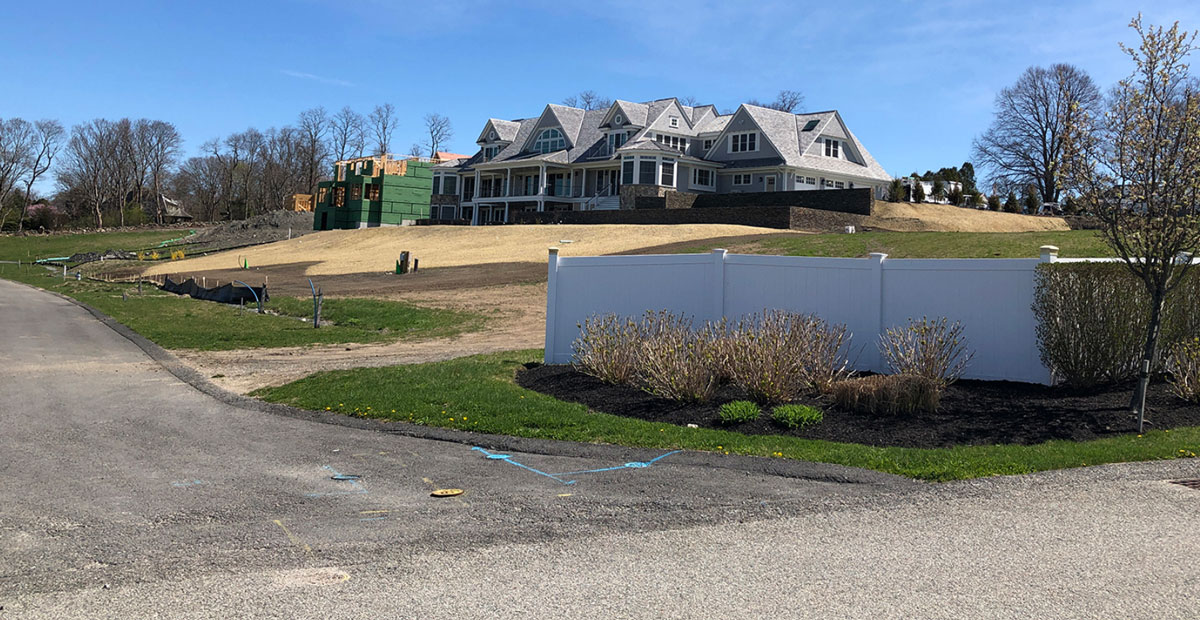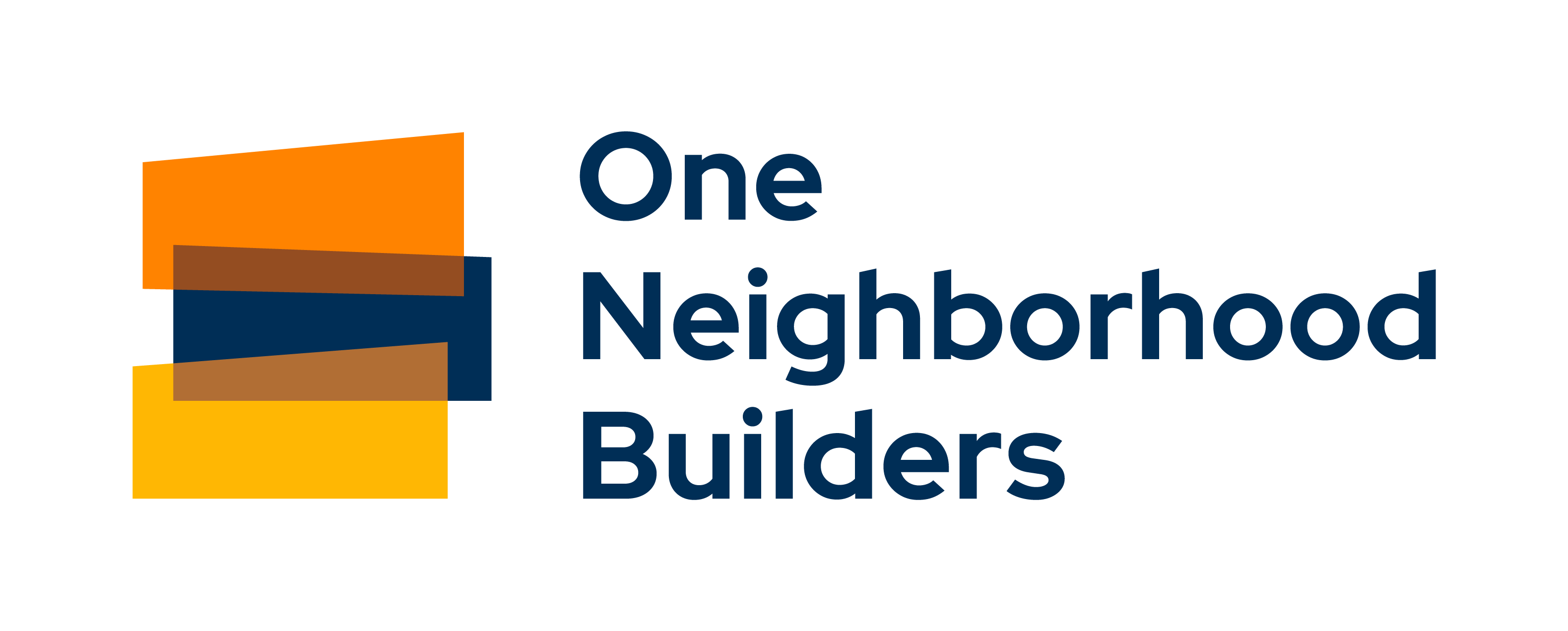
Much of the housing being built in Rhode Island is luxury residences, from second homes to McMansions to pricey condominiums. (Frank Carini/ecoRI News)
Decades of implicit and explicit discriminatory housing policies leave Black people three times more likely than white people to live in neglected and unsafe housing
By Frank Carini
ecoRI News staff
Their eyes welled with tears when they spoke about their current housing situation. Both women had been through plenty before they were able to call anyplace home.
Karen (she asked that her last name not be used) welcomed ecoRI News into “my beautiful home” on Hamilton Street in Providence in early April, about nine months after she and her three children, 18-year-old twins and a 22-year-old daughter, moved in.
The spacious two-story apartment with four bedrooms is a significant upgrade from the family’s previous housing accommodations. They had moved from a single-family home they were renting about 3 miles away on Joslin Street because the landlord neglected the property and ignored their concerns and requests to have things fixed.
The house was infested with cockroaches and mice when they moved in, Karen said. The 46-year-old, who was born and raised in Providence, said her kids stayed at a friend’s house for a while until “we got the bugs out.” The situation never improved. She called the owner “a slumlord.”
Before that, the family of four lived in cramped apartments, at shelters, or with friends and family, often sleeping on the floor in tight living quarters. The family had been on waiting lists for affordable housing for years — not ONE Neighborhood Builders (ONB), the family’s current landlord; they didn’t know about the Olneyville-based nonprofit until they applied for housing. Karen said she even knows people who have even been put on a waiting list for the waiting list.
“I was crossing my fingers when I applied to ONB,” said Karen, who works as a certified nursing assistant in a Rhode Island nursing home. “When they called, I was ecstatic. I had all my paperwork ready. I’m glad I have this.”
Maribel (not her real name), a domestic violence survivor, moved into a one-bedroom ONB apartment with her 10-year-old daughter in April. In early May, the 32-year-old spoke with ecoRI News, through Spanish translator Wendy Sanchez, ONB’s resident services coordinator, about what her affordable home means to her and her daughter.
She said it gave them their lives back, after a difficult journey that included having no job and no income and spending time in Boston with a cousin.
With stable, affordable housing, Maribel found work at a print shop in northeastern Rhode Island, sharing rides with co-workers since she doesn’t own a car.
Founded in 1988, ONE Neighborhood Builders has developed close to 600 affordable homes for individuals and families, including the ones Karen and Maribel call home. Its mission, beyond building affordable housing, is to engage “neighbors across Greater Providence to cultivate healthy, vibrant, and safe communities.”
ONB’s community work focuses on nine Providence neighborhoods — Elmhurst, Federal Hill, Hartford, Manton, Mount Pleasant, Olneyville, Silver Lake, Smith Hill, and Valley. The neighborhoods where most of ONB’s apartments are located, Elmwood and Olneyville, have a Hispanic/Latino population of 67% and 57%, respectively. Black residents make up 18% and 14% of each neighborhood, respectively. Overall, the head of ONB households are 76% Hispanic/Latino, 21% Black, and 18% white, and 63% of the nonprofit’s residents are female.


